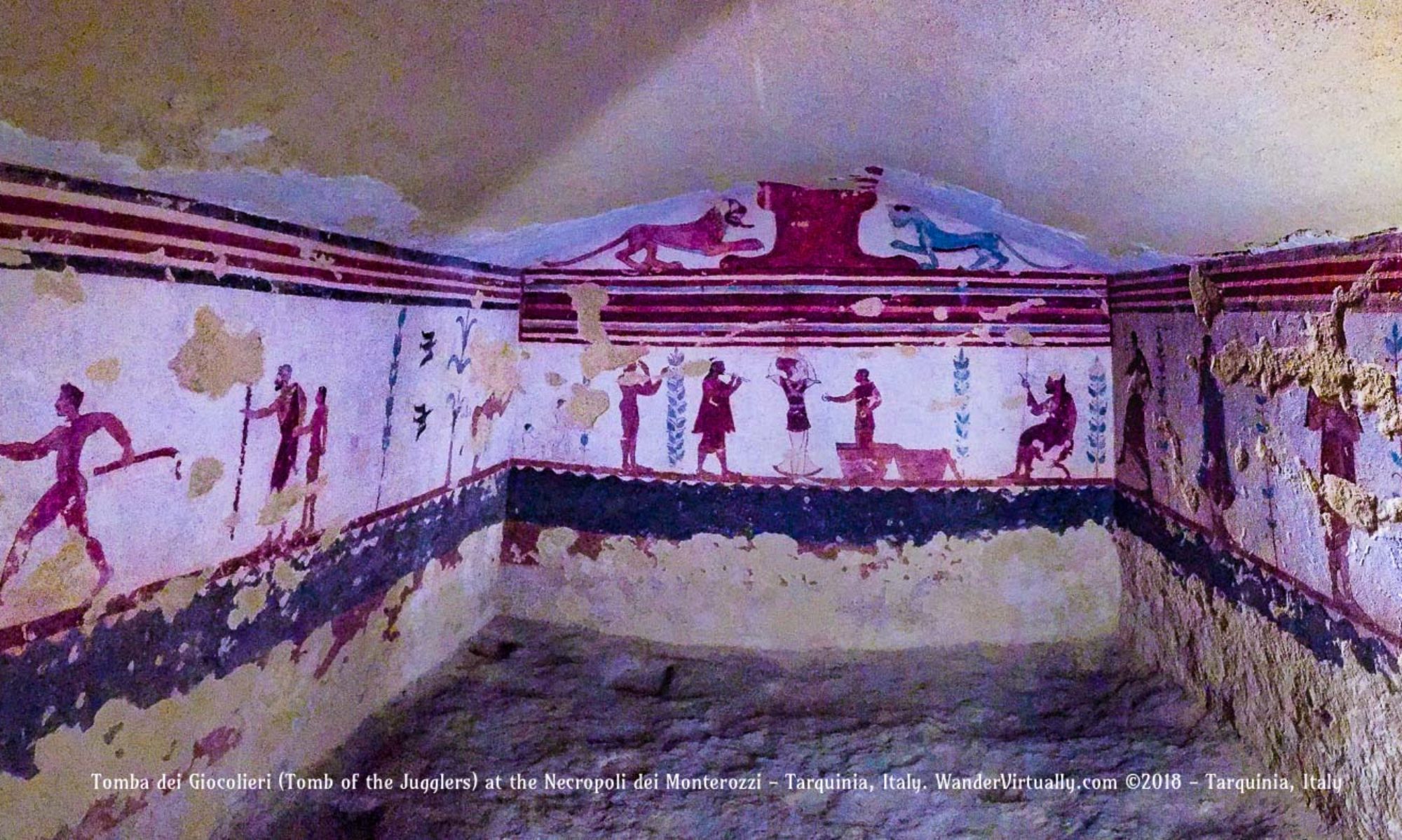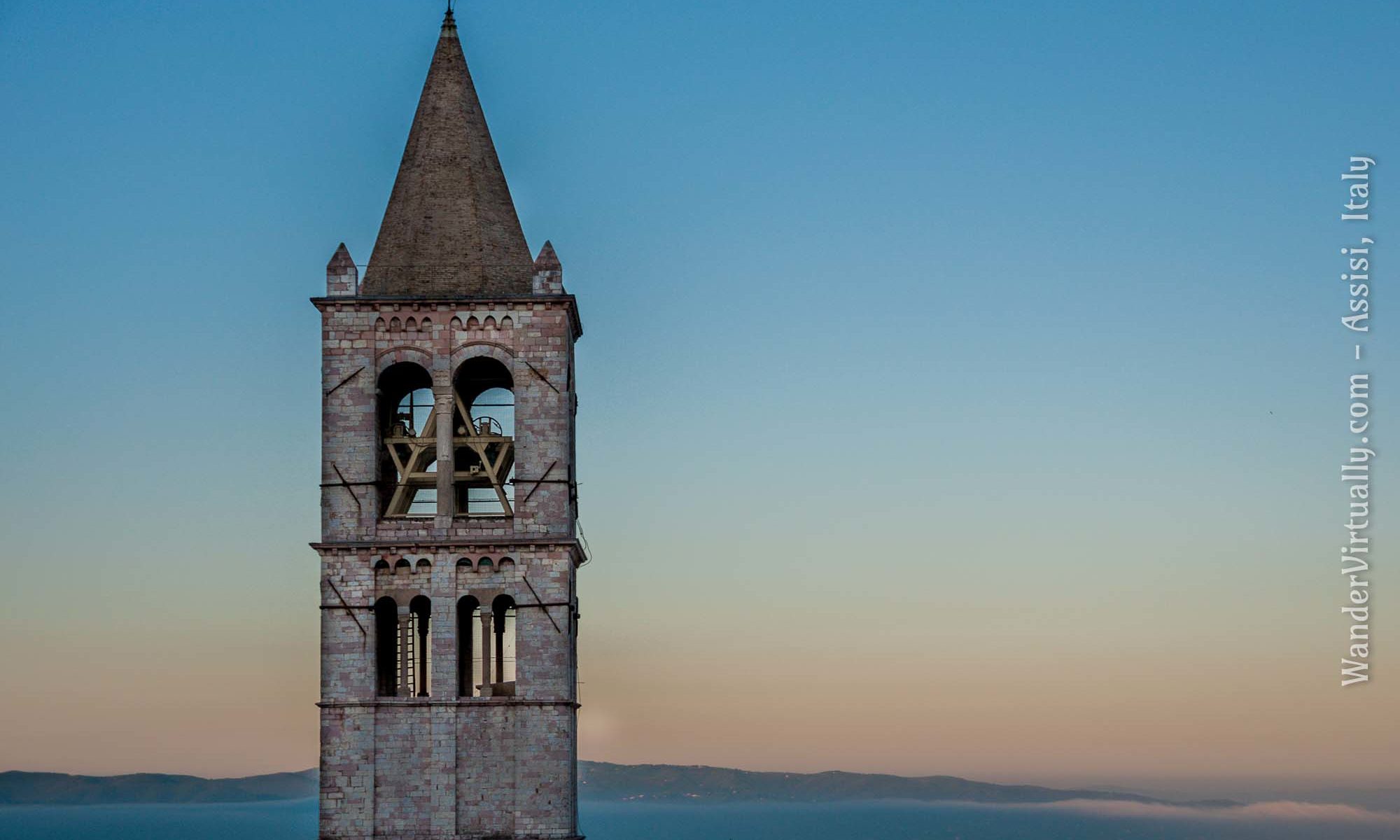You don’t have to be Catholic, Christian, or religious to stay at an Italian convent or monastery. Monks, friars, nuns – have been welcoming and providing simple hospitality to men, women, and families whether they are pilgrims or just regular travelers, for centuries.
Featured photo: The bell tower of Basilica di Santa Chiara at sunrise. A view from St. Anthony’s Guest House – an Italian convent in Assisi, Italy.
Table of Contents
- Convents & Monasteries – Simple Hospitality for Travelers
- Why Stay in an Italian Convent or Monastery?
- Disadvantages of Staying in a Monastery or Convent?
- Some FAQs
- My Convent Booking Checklist?
- Where Have I Stayed?
- Related Posts
Convents & Monasteries – Simple Hospitality for Travelers
During my solo visits to Italy, I sometimes choose to stay in convents or monasteries that are run by religious orders. They offer safe, economical, and peaceful lodgings, often in unique settings.
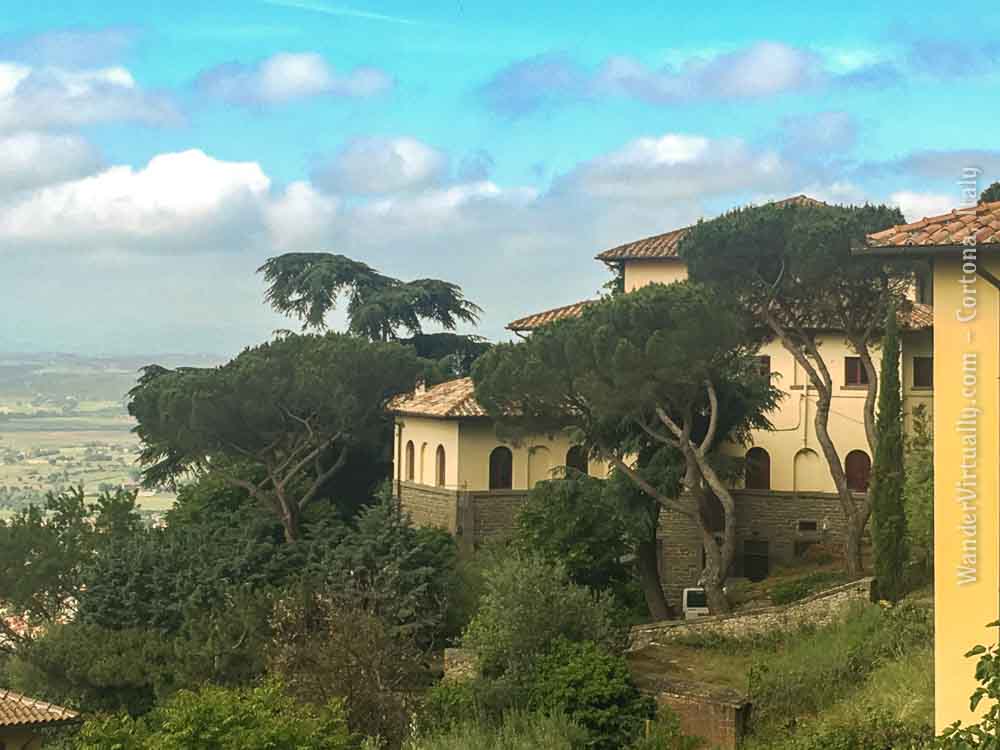
These days, the terms convent and monastery have become synonymous in modern conversation.
Convents are more common within the Italian cities and they are run by religious orders of sisters or nuns – suore [SWO-reh] in Italian – or priests or friars – sacerdoti [sa-cher-DO-ti], frati [FRA-ti].
Traditionally, a monastery is a place where monks or nuns lived in seclusion as part of their monastic vows. Normally then, you would find monasteries in more remote locations – unless, a city grew around them over the centuries, of course! They are operated by nuns – monache [MO-na-keh] – or monks – monaci [MO-na-chi].
As part of their mission to serve others, the religious societies offer hospitality to pilgrims and travelers. Therefore many Italian convents and monasteries have guesthouses – casa per ferie [KA-sa per fer-yeh] in Italian – that provide simple board and lodging to local and international travelers.
Note that there are some Italian convents or monasteries that have been converted into hotels and are run by private hospitality businesses. While they may retain the architecture and placename of their religious predecessor, they are usually more upscale and charge a little more.
Also note, that certain convents and monasteries open their doors specifically for retreats or spiritual pursuits of religious individuals – who then participate in the daily activities and the work of the monastery or convent.
In this series of blog posts, however, I will focus on the casa per ferie (holiday or vacation lodging) type of accommodations offered in convents or monasteries.

Why Stay in an Italian Convent or Monastery?
Guesthouses run by religious orders offer many advantages:

- It’s more peaceful. At my age, I’d like to avoid the noise of loud music and loud gatherings at night when I’m either trying to concentrate on my writing or trying to sleep.
- They are – often – centrally located or in a walkable central location: a short walk or a longer but scenic one to key attractions.
- They are – often – cheaper than most other accommodations in the same location.
- Religious guesthouses have gardens, even in the middle of the city. This makes them a real refuge – a peaceful place for contemplation or reflection. And during the spring and summer, when the flowers are blooming they help you relax and forget about your aching feet after a long day of sightseeing.
- I feel safe. When traveling solo, I take a lot of precautions and this is one of them. The gates are locked, you have to be buzzed in, and strangers can’t just walk in.
- They are full of character. They may occupy a historic building, have architectural quirks, and may also be furnished according to those days long gone by. I consider these as part of the unique Italian experience – a momentary escape from our modern century.
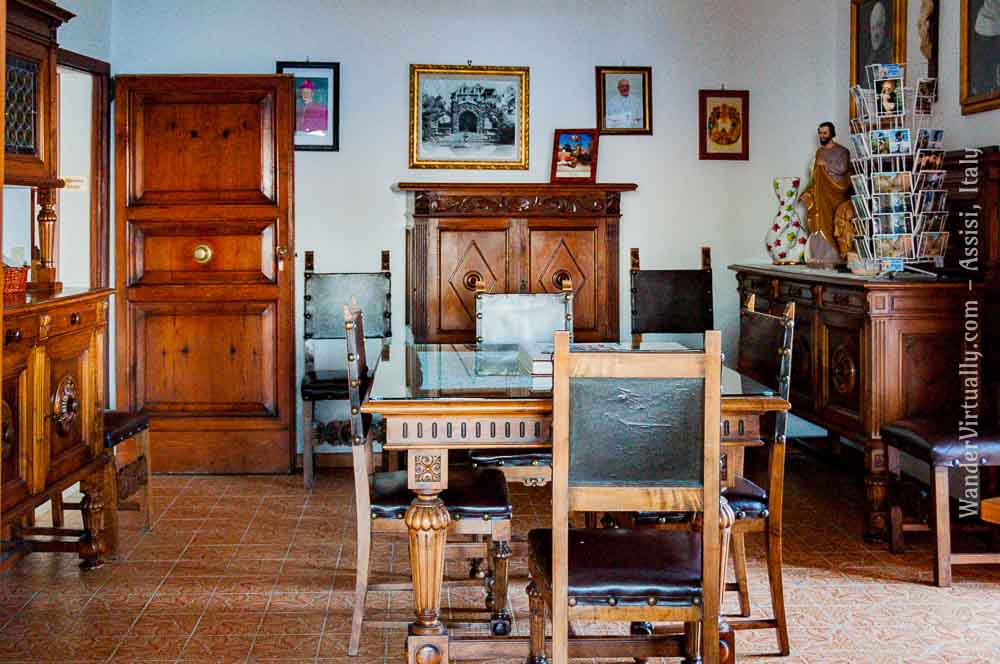

Disadvantages of Staying in a Monastery or Convent?
Disadvantages? Well, there are some, but it all depends on what you are willing to sacrifice for the price, location, and peace of mind.
- It’s not the lap of luxury. For a single that goes for €30-60 per night, don’t expect the trappings of a starred hotel. It’s spare, but a lot better than a regular hostel or other B&Bs. Typically, you’ll get a small clean room, a single bed, clean beddings, an adequate wardrobe, a private bathroom with a hairdryer, a desk and a chair, heating or cooling, and a simple breakfast. No room decor except perhaps a crucifix or other religious framed art on the wall.
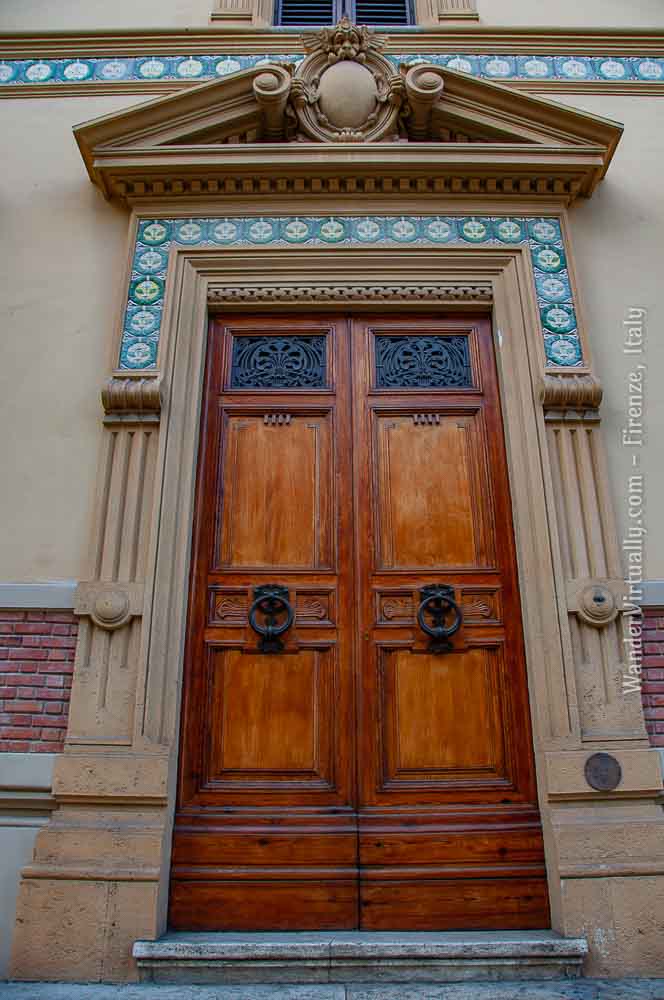
- Most monasteries or convents have a curfew. If you like staying out late, this could put a crimp in your nightlife. It’s usually 11:00 or 11:30 pm, but I’ve heard of a 10:00 pm curfew in one. Remember that you have to be buzzed in? Well, there will be no one at the reception to buzz you in at the gate after the curfew, so be prepared to sleep elsewhere.
- Breakfast can be repetitive and/or limited. This is the case with many B&Bs in Italy anyway. The breakfast offerings in the convents or monasteries I’ve stayed in were consistent and could include some or all of the following: coffee, juice, milk, bread, jam, cereals, perhaps some yogurt, and fresh fruit like apples, bananas, or oranges. Rarely will there be any eggs or meat – but this is true of most Italian breakfasts.
- Wi-fi could be limited, flaky or non-existent. While there are some religious guesthouses that do offer good wi-fi, many have not seen fit to keep up with the technology. They either have weak wi-fi coverage, or only have it in the common areas (not in the bedrooms), or don’t have it at all. Since I’m a blogger, good wi-fi is essential. So I usually come prepared to avoid the issue altogether.
- Some only take cash. Many do accept credit cards and some don’t. Make sure to inquire what form of payment they accept when you book your accommodation.

Some FAQs
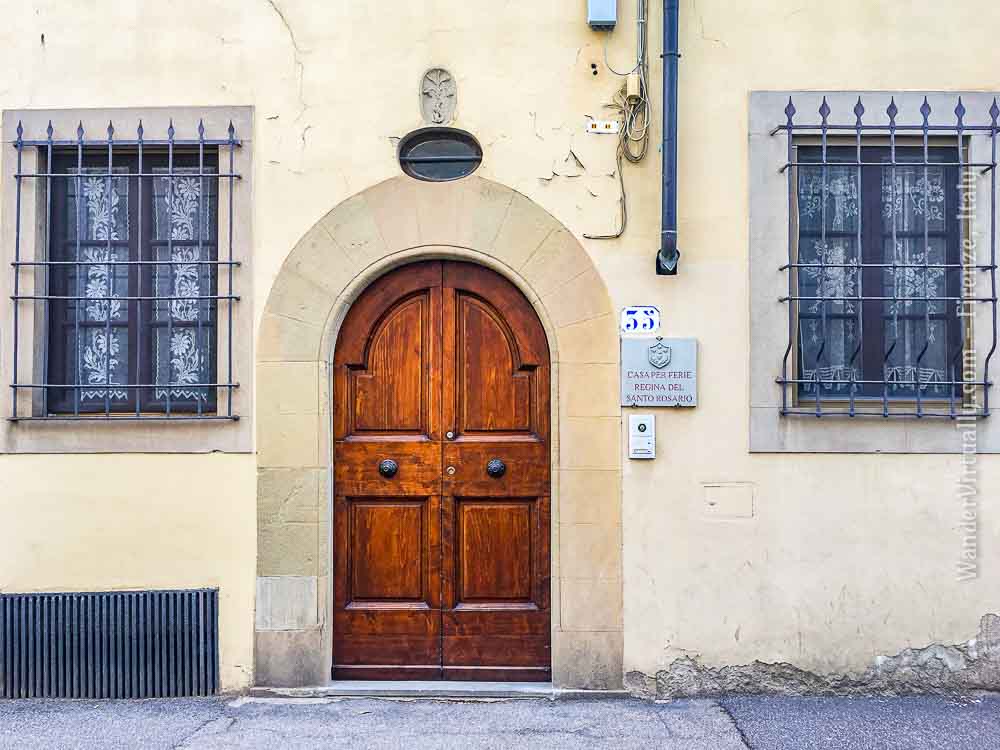
Do you have to be female to stay with the nuns or be male to stay with friars/priests in a monastery or convent?
No. They welcome men, women, and families as well. If you are a family with children – check about the age limit for children.
Do you have to be Catholic or Christian to stay in a convent/monastery?
No. They don’t require you to be Christian or religious. As long as you are respectful and considerate, you would be a welcome guest.
Do they have rooms for married couples?
Many of them have doubles and have what they call matrimonial beds. While some will only have 2 singles in a double room for couples.
Can an unmarried couple stay in the convent/monastery?
Unmarried couples can book separate rooms. But convents and monasteries usually will not allow an unmarried couple to share a room.
Do you have to attend their mass or rituals?
In guesthouses, you are not required to attend their mass or rituals. Some will welcome you to join.
All convents and monasteries have chapels or places that you may access for individual prayer if you are so inclined.
I heard you are supposed to leave your room keys before you leave?
Yes, when you leave for your daily activities, many religious guesthouses usually require you to leave your key at the reception. This allows them to account for people who are not back by the curfew time.
Will I interact with the religious members of the monastery or convent?
You might interact with those who are on duty at the reception or dining room, or as you meet them in the halls. Most of them are very receptive and friendly – however, their English may be limited.
Note that there are places where the religious are on a vow of silence.
Some of the places in which I have stayed employ a layperson to manage the reception.
How do I inquire about and book a room at a convent or monastery?
Some have websites and forms for inquiries and bookings. Most of the time, you will make arrangements by email in English or Italian. By phone also – if you can speak Italian.
For the ones listed in this post, I will provide the contact information, including their website if they have one.
The non-profit organization Ospitalità Religiosa Italiana has a website with an extensive directory that you could search by location. They don’t facilitate your booking but give you the contact information and a very good description of the monastery or convent.
There is also the popular MonasteryStays.com – where you could search their database by location. If you book with them be aware that they charge a premium for the booking service – it’s added to the normal rate.

My Convent Booking Checklist?
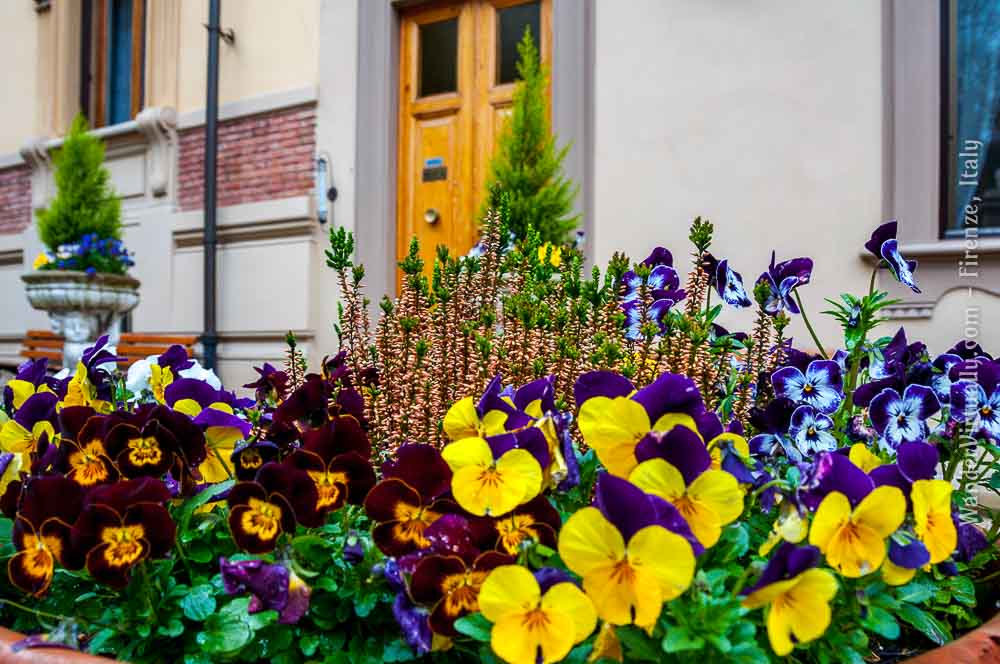
When I inquire about a room at a religious guesthouse, I have a different expectation about amenities. Keep in mind: these places will be spare, so I focus on the following items:
- What’s the nightly bed & breakfast rate? (Check if there is an optional rate for without breakfast so you can get your breakfast elsewhere in case you really need protein to start your day, or you need daily variety in what you eat). Also, see NOTE about city taxes below.
- Is a deposit required?
- Access to public transportation, and distance from the city center or main attractions.
- Curfew time in addition to check-in and check-out time.
- Breakfast offering?
- Is there Wi-fi coverage in the room?
- Does the room have a private ensuite bathroom?
- Is there a desk and chair inside the room?
- Is there a wardrobe or clothes drawer?
- Will they store my luggage if I arrive before check-in time or depart after check-out time?
- Are there laundry facilities in or near the guest house?
- Is there an elevator?
NOTE: Italian cities impose a tourist “city tax” on top of the nightly rate, and it varies by city and type of accommodation (ranges from €0.50-€4.00 per person per night) – including religious guesthouses. Usually, the city tax is collected separately, and you could be asked to pay it in cash. Some places I have stayed in, include it in their rate – while others don’t. Double-check your booking details to ensure you don’t pay it twice.

Where Have I Stayed?
In this series of posts, I will share information about the Italian convents and monasteries where I have personally stayed.
Check out my posts on places I’ve stayed in Assisi, Cortona, Firenze, and Urbino. I will update this list with additional places as I experience them in the future.
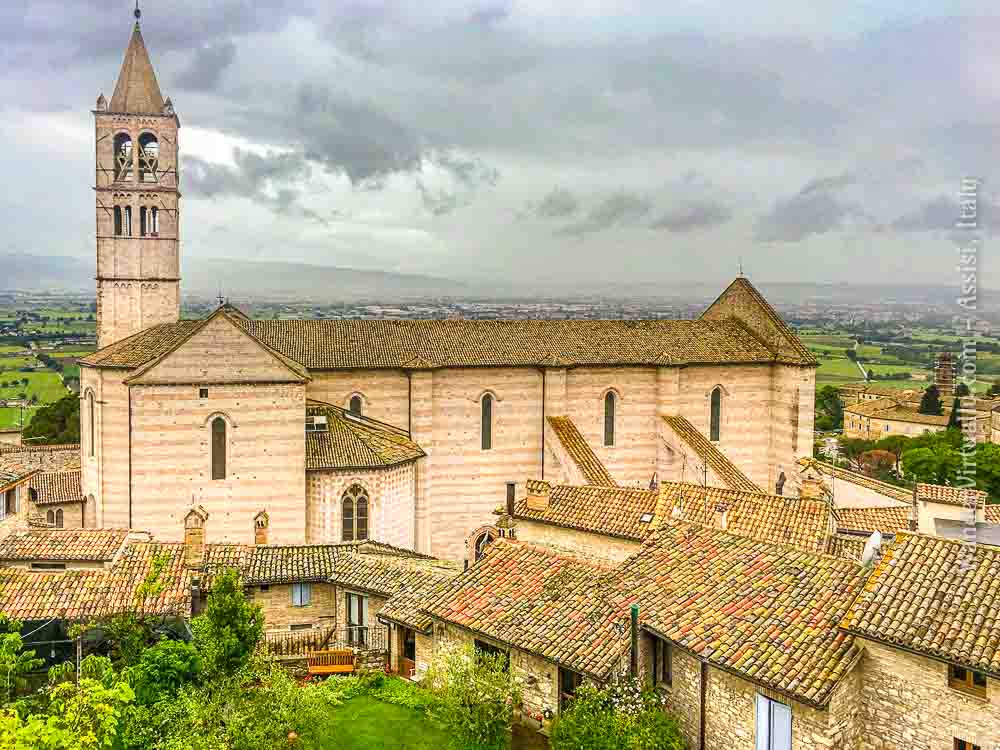

Related Posts

Where to stay in ASSISI? Try Convents & Monasteries in Assisi, Italy

Where to stay in FLORENCE?Try Convents & Monasteries in Firenze, Italy
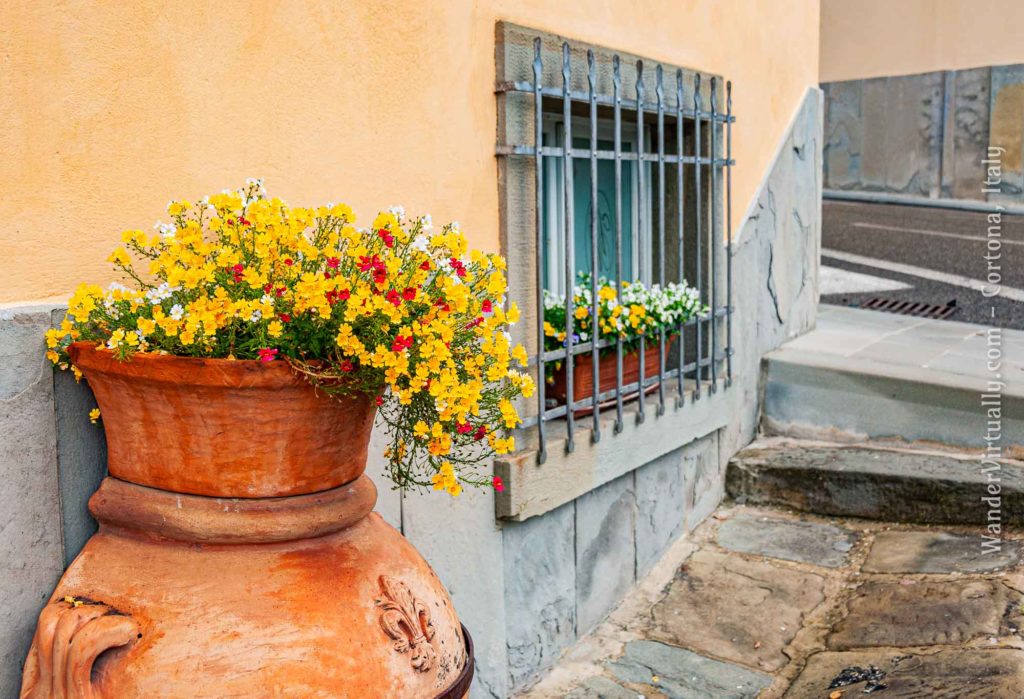
Where to stay in CORTONA? Try Convents & Monasteries in Cortona, Italy

If you’re traveling to Italy – the Starbucks lingo does not translate to the Italian coffee culture. Check my post on How to Order Coffee in Italy Without Making a Fool of Yourself.

I use simple, inexpensive, but useful tools for travel. Find out what I pack for my trips.
Visit the Italy page for more stories and travel tips …
BELLA ITALIA
Fascinating ancient stories.
Practical travel tales and tips.
